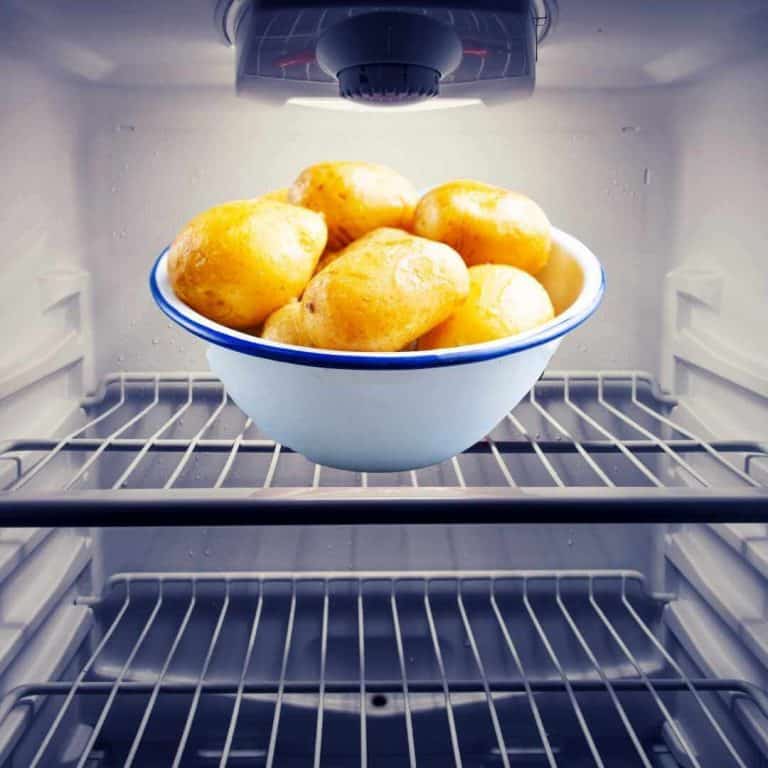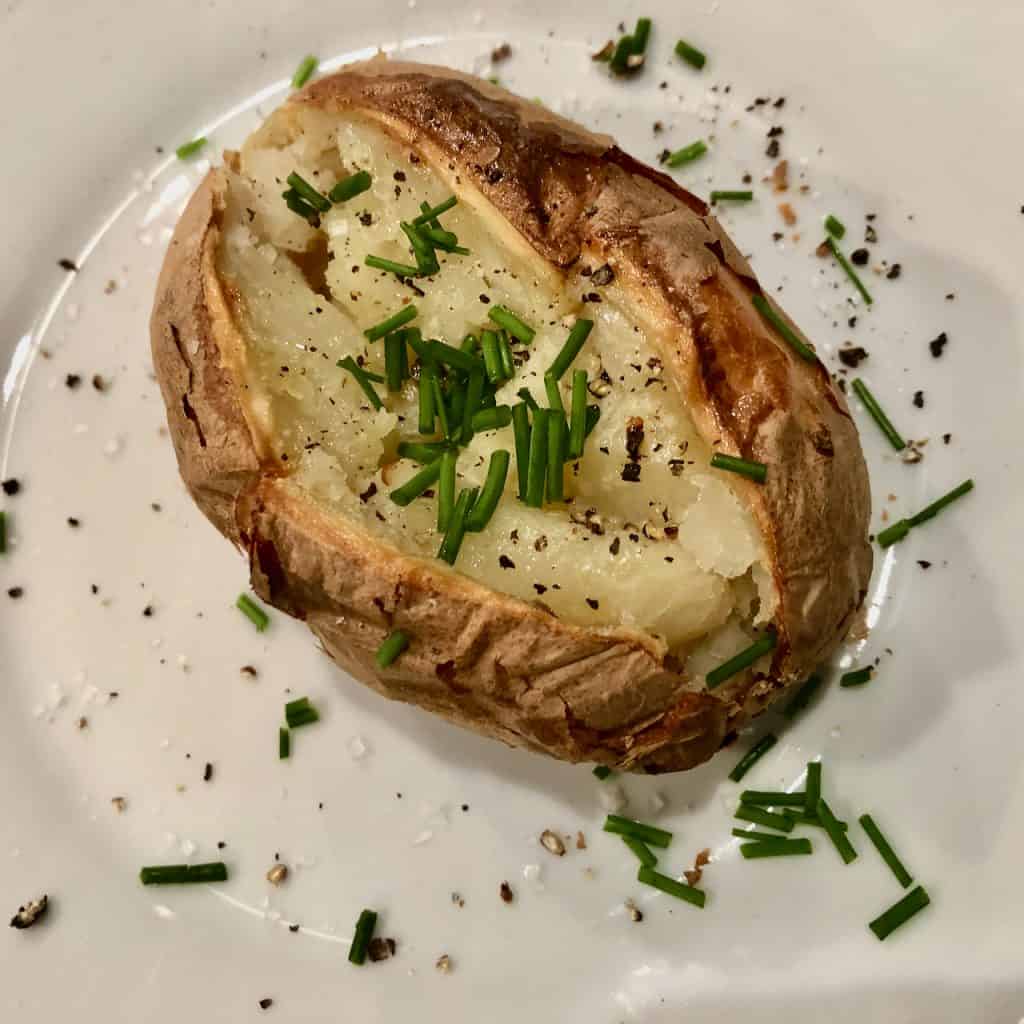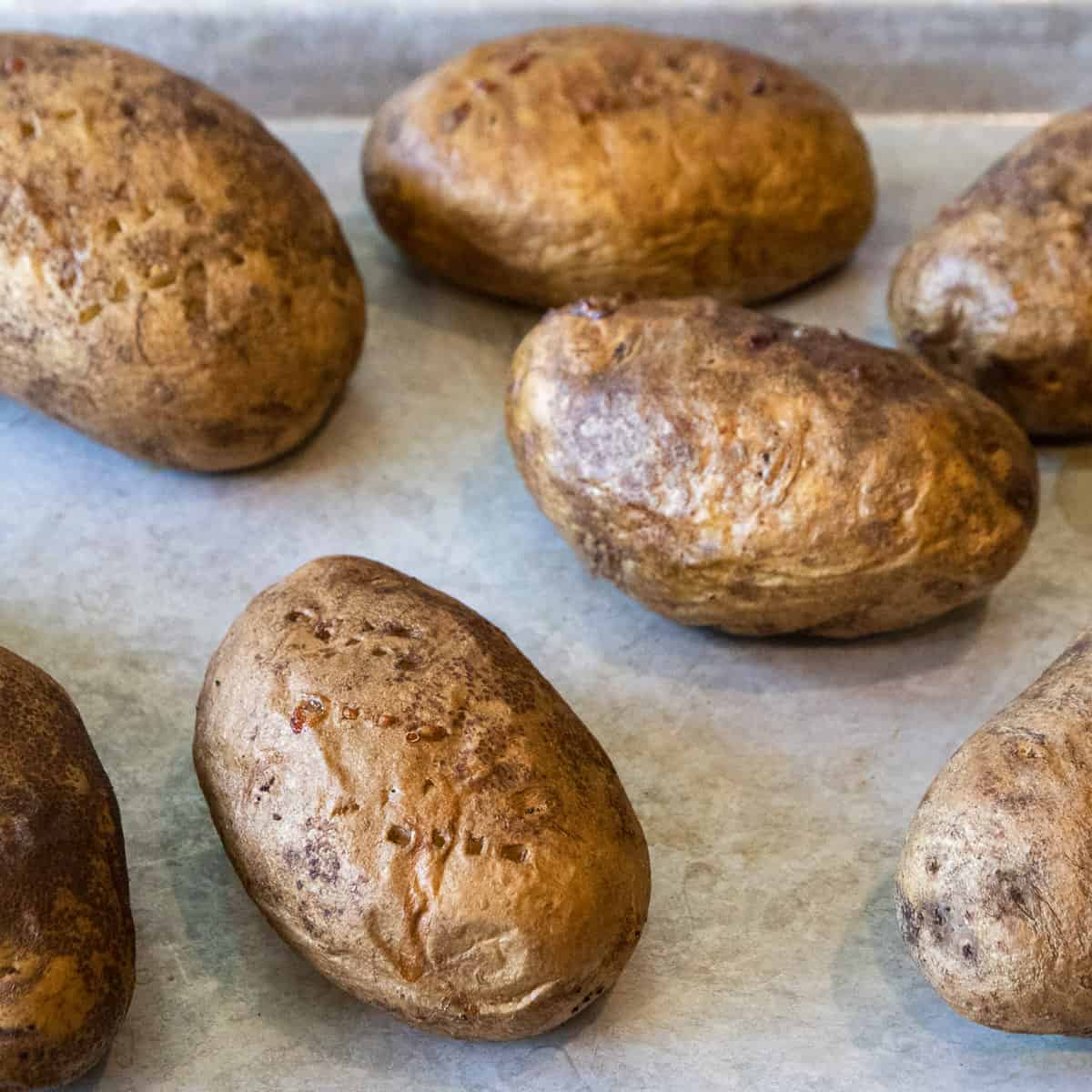Baked potatoes are a beloved side dish that can easily become the star of a meal. Their fluffy interior and crispy skin make them delightful when served plain or topped with a variety of ingredients, from butter and sour cream to chili and cheese. However, after baking these versatile tubers, a common question arises: How long can you keep a baked potato in the refrigerator? In this article, we will explore the various aspects of storing and handling baked potatoes to ensure they remain safe and delicious for future meals.
Understanding the Basics of Baked Potatoes
What is a Baked Potato?
A baked potato refers to a whole potato that has been cooked in an oven until the skin is crisp and the flesh is fluffy. Typically, russet potatoes are the most popular choice for baking due to their starchy texture, which provides the perfect consistency when cooked. Baked potatoes are often seasoned with salt and topped with a range of condiments, making them a versatile dish enjoyed in various cuisines.
Nutritional Value of Baked Potatoes
Baked potatoes are not only delicious but also nutritious. They are rich in carbohydrates, providing a good source of energy. Additionally, baked potatoes are a source of fiber, vitamin C, vitamin B6, and potassium. However, how you choose to top and serve your baked potato can significantly impact its overall nutritional value.
How Long Can You Keep a Baked Potato in the Refrigerator?
Recommended Storage Time
The general consensus is that a baked potato can be safely stored in the refrigerator for 3 to 5 days. Beyond this timeframe, not only do the flavor and texture of the potato begin to deteriorate, but they may also pose health risks. It’s important to be mindful of these time limits for both quality and safety considerations.
Factors Affecting Storage Life
Several factors can influence the length of time a baked potato remains good to eat. Understanding these variables can help you store your baked potatoes effectively.
Temperature Control
The refrigerator’s temperature plays a crucial role in extending the life of baked potatoes. Ideally, your refrigerator should maintain a consistent temperature of 40°F (4°C) or lower. This temperature slows down bacterial growth, keeping your baked potato fresh longer.
Baking Method
How you bake your potatoes also matters. Potatoes baked at home with simple seasonings fare better than those prepared with added fats or toppings. Since toppings can introduce moisture and bacteria, it’s wise to store baked potatoes without them when possible.
Storage Method
The way you store your baked potatoes can also impact their longevity. Using airtight containers or wrapping them tightly in aluminum foil or plastic wrap helps limit moisture exposure and prevents them from absorbing odors from other foods in the fridge.
Tips for Proper Storage of Baked Potatoes
Cooling Down
Before placing baked potatoes in the refrigerator, allow them to cool down at room temperature for about 30 to 60 minutes. This step minimizes the condensation that can occur if you place hot potatoes directly into the fridge, helping to maintain their quality.
Wrapping the Potatoes
Wrap each baked potato individually in aluminum foil or plastic wrap. This method not only keeps the potatoes moist but also prevents them from absorbing other odors present in the refrigerator.
Using Airtight Containers
Alternatively, you can place the wrapped potatoes into an airtight container. This adds a second layer of protection against moisture and contaminants, extending their storage life.
Labeling and Dating
To avoid confusion, label and date your baked potatoes before placing them in the refrigerator. This practice gives you a clear visual cue on their freshness and helps you prioritize your meals.
Reheating Baked Potatoes Safely
Methods of Reheating
When the time comes to enjoy your stored baked potatoes, reheating them can be done effectively using several different methods:
Oven Reheating
- Preheat your oven to 350°F (175°C).
- Remove the potato from wrapping and place it directly on the oven rack or on a baking sheet.
- Heat for 10 to 15 minutes, or until warmed through.
Using the oven may take a bit longer, but it will help maintain the potato’s skin crispiness.
Microwave Reheating
- Remove any wrapping.
- Place the potato on a microwave-safe plate.
- Heat for 2 to 3 minutes, flipping halfway through.
Microwaving is a faster option but may result in softer skin compared to the oven method.
Air Fryer Reheating
- Preheat the air fryer to 350°F (175°C).
- Place the potato in the basket for around 5 to 7 minutes.
The air fryer method can yield a crispy exterior similar to that of fresh-baked potatoes.
Toppings to Avoid When Reheating
If you’ve stored baked potatoes with toppings, be cautious about reheating them if they contain ingredients that spoil quickly, such as dairy products. It’s generally safer to reheat the plain potato and add fresh toppings afterward.
Signs That Your Baked Potato is No Longer Good
As with any food, knowing when to throw something away is just as important as knowing how to store it. Here are a few signs to look for:
Unpleasant Smell
If your baked potato develops a foul or sour odor, it’s time to discard it. This smell is often an indication of bacterial growth.
Changes in Texture
If you notice a slimy or overly soft texture, the potato may have gone bad. Fresh baked potatoes should have a firm but tender consistency.
Discoloration
Any dark spots or unusual discoloration on the potato’s surface can be a sign of spoilage. While small blemishes may be cut away, larger areas of discoloration usually indicate that the potato should be tossed.
 Alternative Ways to Preserve Baked Potatoes
Alternative Ways to Preserve Baked Potatoes
If you’re looking to extend the shelf life of your baked potatoes beyond the refrigerator, consider these methods:
Freezing Baked Potatoes
Freezing is a viable option for longer-term storage. When done correctly, baked potatoes can last up to 12 months in the freezer.
Freezing Steps:
- Allow the baked potatoes to cool completely.
- Wrap each potato tightly in plastic wrap, ensuring no air gets in.
- Place the wrapped potatoes in a freezer-safe airtight container or a resealable plastic bag.
- Label with the date before placing in the freezer.
Thawing and Reheating Frozen Baked Potatoes
When you’re ready to enjoy your frozen baked potato, thaw it in the refrigerator overnight before using any of the reheating methods discussed earlier. If you’re in a pinch, you can microwave the frozen potato on a low setting to defrost it.
Whipping Up Baked Potato Dishes
Another way to manage baked potatoes is to transform them into different dishes:
- Mashed Potatoes: Simply peel the skin off steamed or baked potatoes and mash with butter, milk, and seasoning.
- Potato Soup: Blend baked potatoes to form a creamy soup base, adding flavors and toppings of your choice.
- Potato Casserole: Dice baked potatoes and mix them with cheese, vegetables, and protein for a delicious casserole dish.
Conclusion
In conclusion, knowing how long can you keep a baked potato in the refrigerator is critical for both food safety and enjoyment. With a storage life of approximately 3 to 5 days, proper cooling, wrapping, and storage techniques can help maintain their fluffy goodness. Plus, there are easy ways to tell if your baked potatoes have gone bad, ensuring you can enjoy them safely. By following these guidelines, you can savor the delightful taste of baked potatoes, whether fresh or reheated, any day of the week. Remember, when in doubt, it’s always better to err on the side of caution and toss any questionable food. Enjoy your baked potatoes, knowing they’ll add delightful flavors to your meals in the days to come!


